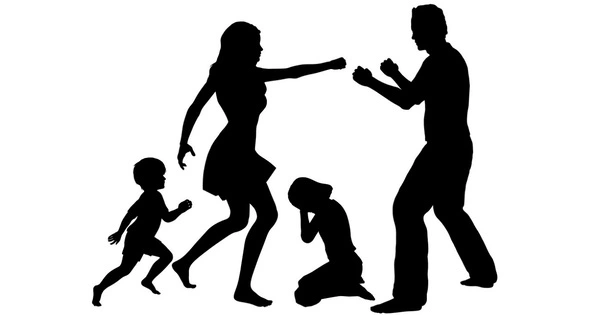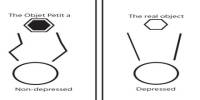A dysfunctional family is a family unit where conflict, misbehavior, or abuse is present. Dysfunction can take many forms, including physical, emotional, or substance abuse, neglect, or lack of communication, support, and affection. This can result in negative effects on the family members and their relationships with one another. This can take many forms, including but not limited to physical, emotional, psychological, or substance abuse.
Dysfunctional families often experience challenges such as communication breakdowns, poor problem-solving skills, and a lack of support. The effects of growing up in a dysfunctional family can be long-lasting and damaging, but with the right support, individuals can learn healthy coping mechanisms and heal from past trauma.
Dysfunctional families can have long-lasting effects on family members, including low self-esteem, depression, anxiety, and difficulties in future relationships. This can involve issues such as abuse (physical, emotional, sexual), neglect, addiction, poor communication, and conflicts that go unresolved.
The mistaken belief that the parents are on the verge of separation and divorce is a common misperception of dysfunctional families. While this is true in some cases, marital satisfaction is often very high because the parents’ flaws actually complement each other. To put it simply, they have nowhere else to go. This does not, however, imply that the family’s situation is stable. Any major stressor, such as relocation, unemployment/underemployment, physical or mental illness, natural disaster, and so on, can exacerbate existing difficulties affecting children.
Dysfunctional families exist in all social classes, regardless of social, financial, or intellectual standing. Nonetheless, until recently, professionals (therapists, social workers, teachers, counselors, clergy, and so on) did not take the concept of a dysfunctional family seriously, particularly when it came to the middle and upper classes. Any intervention would have been viewed as violating the sanctity of marriage and increasing the likelihood of divorce, both of which were socially unacceptable at the time. Historically, society expected children from dysfunctional families to obey their parents (mostly the father) and deal with the situation on their own.
A common dysfunctional parental behavior is a parent manipulating a child in order to achieve an outcome that is detrimental to the rights or interests of the other parent. Verbal manipulation includes spreading gossip about the other parent, communicating with the parent through the child rather than directly communicating with the parent, attempting to obtain information through the child (spying), or causing the child to dislike the other parent, with insufficient or no concern for the child’s negative effects of the parent’s behavior. While many instances of such manipulation occur in shared custody situations resulting from separation or divorce, it can also occur in intact families and is known as triangulation.
















